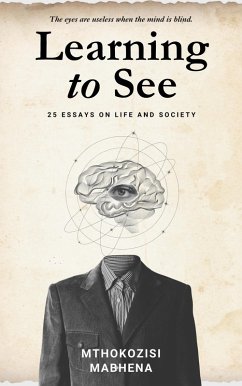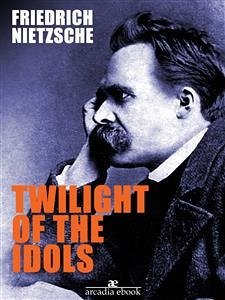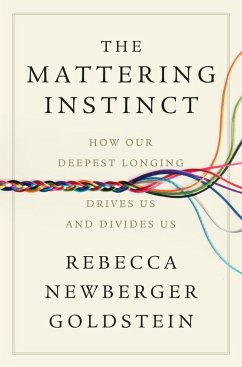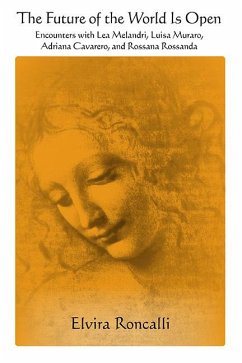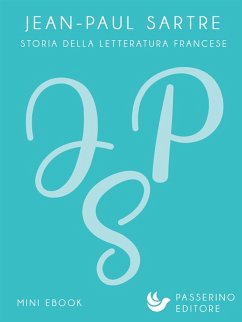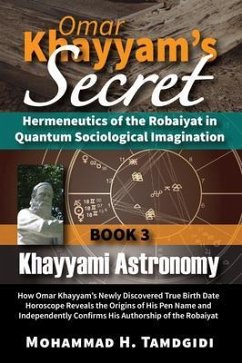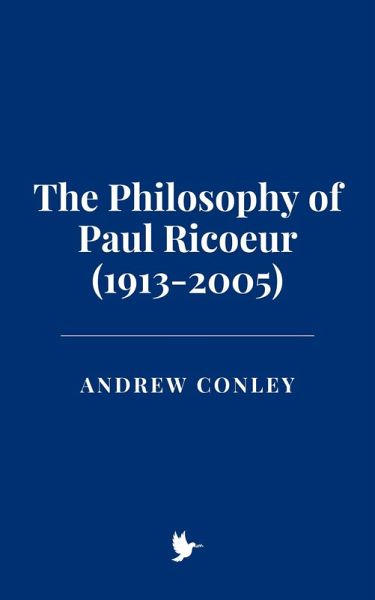
The Philosophy of Paul Ricoeur (1913-2005) (eBook, ePUB)

PAYBACK Punkte
0 °P sammeln!
Paul Ricoeur's philosophy provides a profound and expansive framework for understanding human existence, ethics, justice, and the intricacies of meaning-making. His work bridges phenomenology, existentialism, hermeneutics, and political theory, and continues to offer valuable insights into contemporary philosophical discourse. Central to his thought is the idea of narrative identity, where the self is understood as an ongoing process of interpretation, shaped by memory, language, and the ethical demands of recognizing the other. Ricoeur's engagement with justice, recognition, and forgiveness e...
Paul Ricoeur's philosophy provides a profound and expansive framework for understanding human existence, ethics, justice, and the intricacies of meaning-making. His work bridges phenomenology, existentialism, hermeneutics, and political theory, and continues to offer valuable insights into contemporary philosophical discourse. Central to his thought is the idea of narrative identity, where the self is understood as an ongoing process of interpretation, shaped by memory, language, and the ethical demands of recognizing the other. Ricoeur's engagement with justice, recognition, and forgiveness emphasizes the relational nature of human life, where ethical responsibility is deeply entwined with historical and social contexts. His exploration of memory and forgetting, particularly in the aftermath of historical trauma, offers a framework for post-conflict reconciliation and the ethical responsibilities of societies in addressing past wrongs. Moreover, his ideas on institutional justice and narrative-driven political thought have influenced contemporary debates on democracy, human rights, and legal philosophy. This work continues to be an essential resource for navigating the moral, social, and political challenges of our time, underscoring the need for mutual recognition, responsibility, and the creation of just institutions. Through his profound insights into how individuals and communities engage with their histories and identities, Ricoeur's philosophy offers a path forward for constructing meaning, justice, and social harmony in an increasingly complex world.
Dieser Download kann aus rechtlichen Gründen nur mit Rechnungsadresse in A, B, CY, CZ, D, DK, EW, E, FIN, F, GR, H, IRL, I, LT, L, LR, M, NL, PL, P, R, S, SLO, SK ausgeliefert werden.






